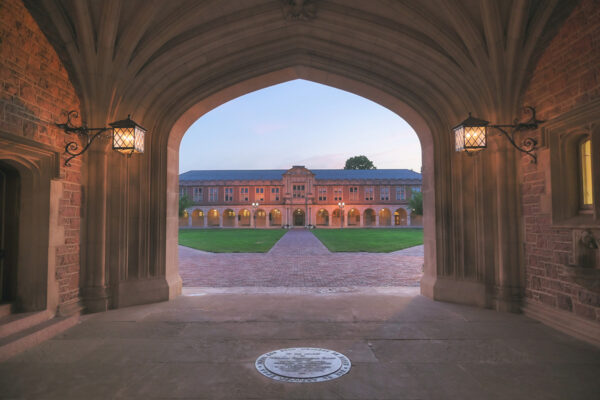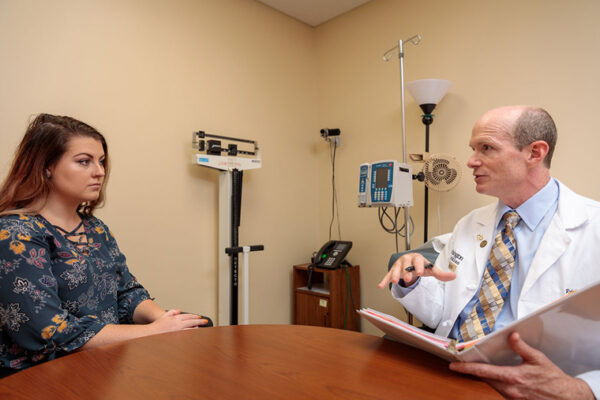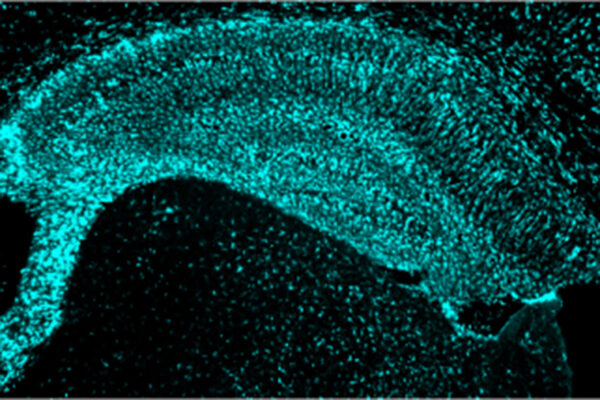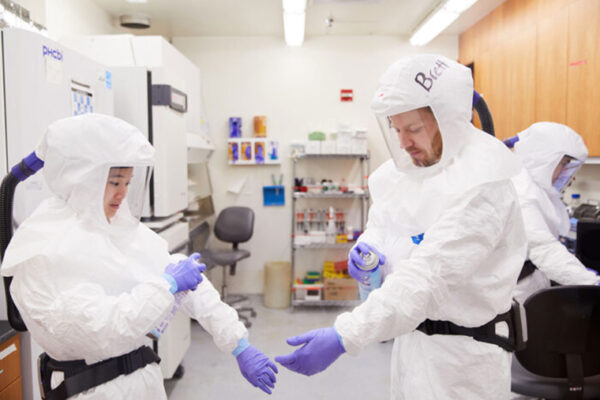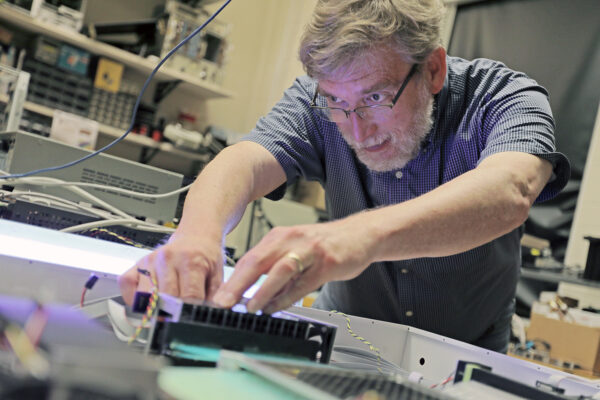Pandemic air quality affected by weather, not just lockdowns
Using a diverse set of tools, the lab of Randall Martin shows how the pandemic did – or didn’t – affect levels of particulate matter during COVID lockdowns.
First race and ethnicity cluster hires arrive at Washington University
Washington University in St. Louis is welcoming the first round of faculty members identified through its race and ethnicity cluster hire initiative, a multiyear effort to build a world-class and interdisciplinary research program on race.
Investigational Alzheimer’s drug improves biomarkers of the disease
An investigational Alzheimer’s drug showed mixed results, reducing molecular markers of disease and curbing neurodegeneration, without demonstrating evidence of cognitive benefit, in a clinical trial led by School of Medicine researchers.
Protein linked to heart health, disease a potential therapeutic target for dementia
Researchers at Washington University School of Medicine have found that high levels of a normal protein associated with reduced heart disease also protect against Alzheimer’s-like damage in mice, opening up new approaches to slowing or stopping brain damage and cognitive decline in people with Alzheimer’s.
COVID-19 dual-antibody therapies effective against variants in animal study
New research at Washington University School of Medicine suggests that many COVID-19 therapies made from combinations of two antibodies are effective against a wide range of variants of the virus.
Buckley awarded $4.9 million to develop gamma ray astronomy mission
James H. Buckley, professor of physics in Arts & Sciences, received a $4.9 million award from NASA to build a demonstration version of a large satellite experiment for gamma-ray astronomy research. Washington University leads the entire effort to develop the instrument, which is planned to launch on a scientific balloon in 2024.
Crisis or momentary blip? Explaining inflation concern
Although most likely temporary, inflation expectations could become self-fulfilling prophesy, according to John Horn, professor of practice in economics at Olin Business School.
Edwards honored with Gloria White Award
Jill Edwards, who works in the Office of the Provost, is this year’s winner of the Gloria W. White Distinguished Service Award. Staff Day for the Danforth Campus is canceled this year, but see staff milestones and other activities online.
Caldwell named vice provost for faculty affairs and diversity
Kia Lilly Caldwell, professor of African, African American and diaspora studies at the University of North Carolina at Chapel Hill, has been named vice provost for faculty affairs and diversity at Washington University in St. Louis.
Blood cancer patients with COVID-19 fare better with convalescent plasma
Jeffrey P. Henderson, MD, PhD, at Washington University School of Medicine, is an author on a new study that shows that convalescent plasma from recovered COVID-19 patients can dramatically increase the likelihood of survival for blood cancer patients hospitalized with COVID-19.
View More Stories

